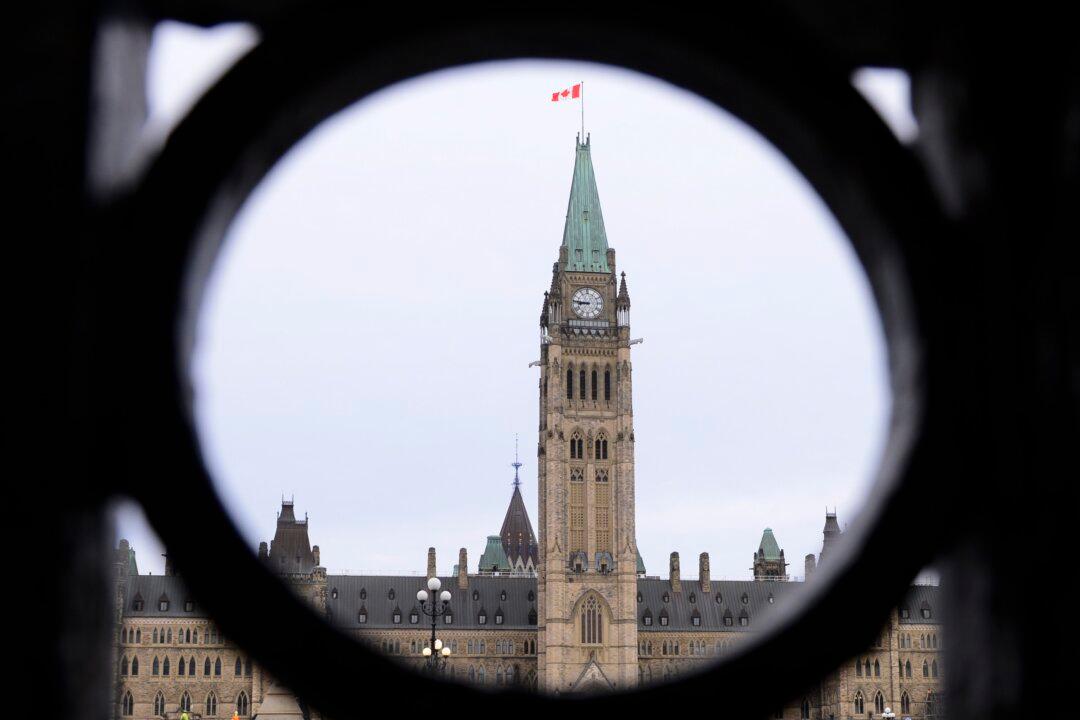Former senior intelligence executives in Canada’s two main collection agencies have come out against the key recommendation of the special rapporteur on foreign interference, telling MPs that a public inquiry needs to be held to restore confidence in the country’s institution.
“I wish to see the government, and more particularly and respectfully, the prime minister, reconsider the decision not to have a public inquiry,” said Dan Stanton, a former Canadian Security Intelligence Service (CSIS) executive.





